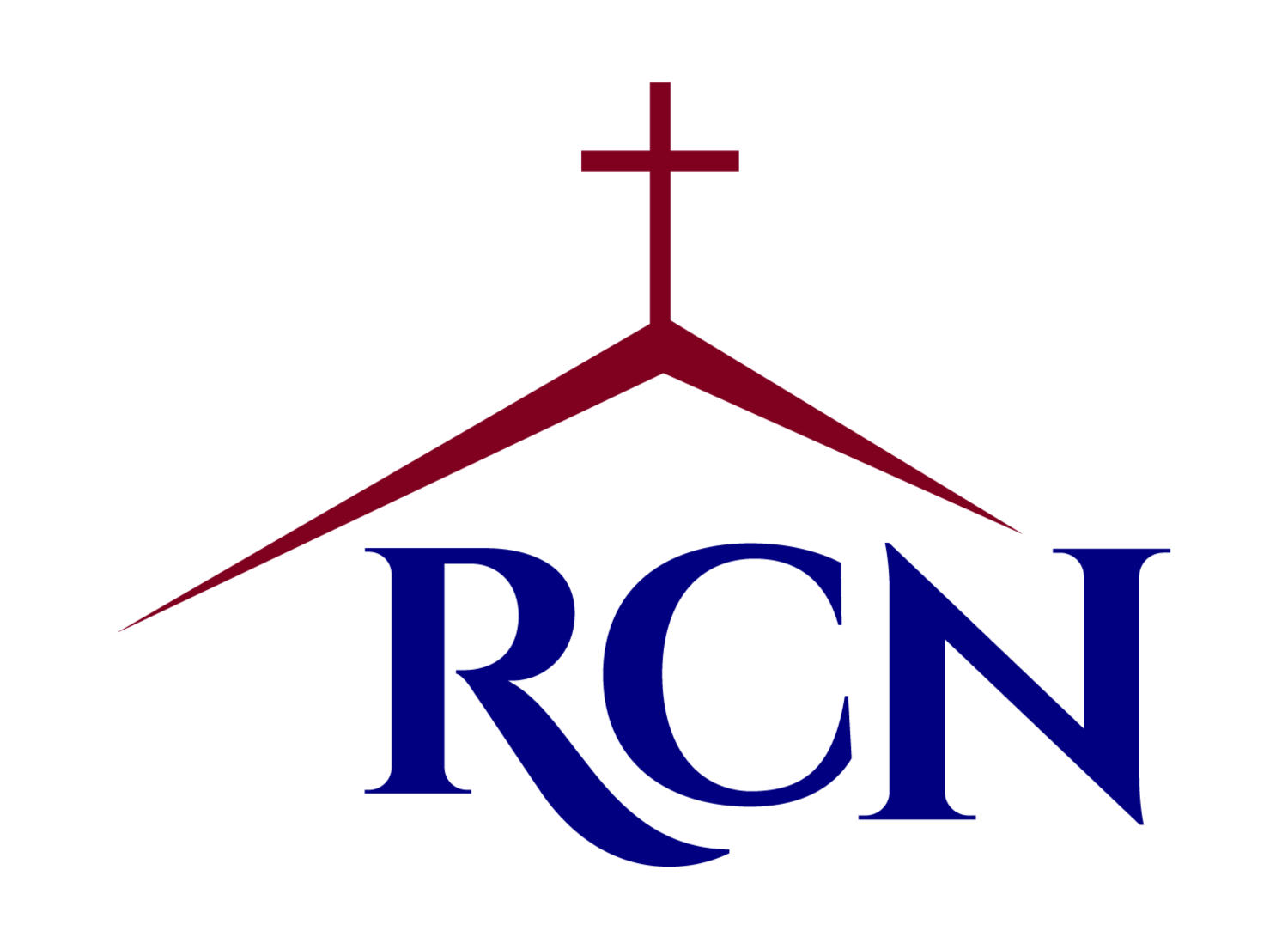You can find the video here: https://www.facebook.com/1415702701879327/videos/336285991038825
Mark 12:30, Deuteronomy 6:5
So yesterday we finished up by answering the question how do we love God with our minds. And we concluded that it is by allowing them to be transformed and allowing them to be renewed by the Holy Spirit. We do this so that we would remember to bring God into every situation we face, whether it is work, family life, politics, whatever it is that we are reading or thinking, we invite Christ into our minds, we invite Christ into our thoughts that He would be given glory and honor. This will enable us to gain a better perspective that is honoring to God in all situations.
Today we are going to talk about the word strength. Remember that Jesus is quoted in Mark 12:30 and also in the shema in Deuteronomy 6:5, that we are to love God with all of our strength.
In the New Testament the Greek words translated as strength are ischys, meaning “ability, force,” and dynamis, meaning “power” (Kerri Wyatt Kent, Deeper into the Word: New Testament [Minneapolis, MN: Bethany House, 2011], 202).
To contemporary thinking about the definition of strength is mainly about our physical abilities and mental capacity to overcome obstacles.
However, the image that Mark 12:30 and the shema prayer of Deuteronomy want to present to us is not one of power.
The Hebrew word for strength is me’od, meaning “very” or “much.” The word me’od is an adverb and comes alongside another word to augment or enhance the meaning. So, when God says that his creation is good, in Genesis 1:31, on the sixth day it was me’od good.
The Bible Project explains that me’od is used over 300 times in Scripture. But it’s not a word used on it’s own, and it doesn’t mean strength. In the shema it’s used as an exception to mean strength. The meaning is ‘very’ or ‘much’ and it’s an adverb – for all you English language professors out there.
They go on to explain how loving God with all our strength is really about loving God with all of our muchness, devoting every opportunity, possibility and capacity you have to honoring God.
This word is so inclusive and means so much more. It was interpreted different ways, in different times when the Bible was written in different languages for different cultures and communities.
Translating me’od from Hebrew to Greek it was translated as dunamis, which means power or strength. In ancient Aramaic it was translated as wealth. Jesus actually uses the word for mind and power for with all your mind and all your strength in place of me’od when He quotes the shema.
But here’s the lesson for today. We really shouldn’t just pick one interpretation of the word me’od. We shouldn’t limit it to wealth or knowledge or power.
“loving God with your me’od means devoting every possibility, opportunity, and capacity that you have to honoring God and loving your neighbor as yourself” (https://www.youtube.com/watch?v=9aaVy1AmFX4)
Love God with all of your muchness today.
